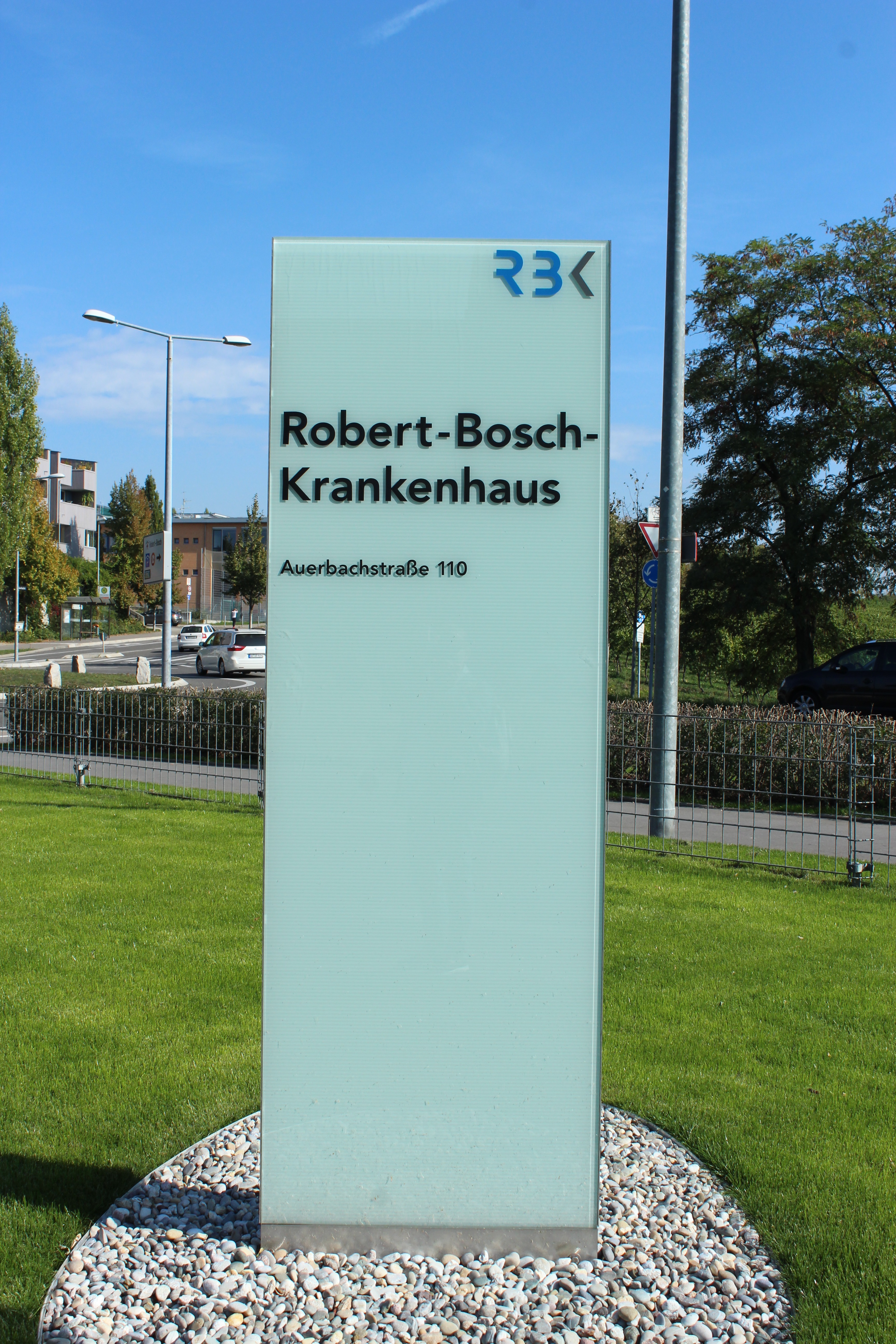Although I hope you won’t ever have a visit to the hospital while here in Germany, here are five things you need to know before heading to a German hospital. Hopefully this will help you with those questions that may take you by surprise. This also is a story of my journey.
Health Care Varies

Hospital and health coverage varies whether you are active duty, civilian, retired or a government contractor. My aim is to answer some basic questions you may have regarding emergency service, hospital stays and some insurance coverage. For further and complete information, please see your insurance providers’ website and/or garrison health center.
1. Know Your Numbers and Sites
Health clinics typically are not opened on weekends, so having these links and numbers are imperative.
Polizei: 110
DRK (German Ambulance – German Speaking only): 19222
Important Numbers in Stuttgart
Tricare Overseas
Health Services
Stuttgart
Kaiserslautern, Ramstein and Baumholder Areas
Landstuhl
Wiesbaden
Recently, I tripped and fell down a lovely Black Forest hill spraining my knee on a Friday afternoon.
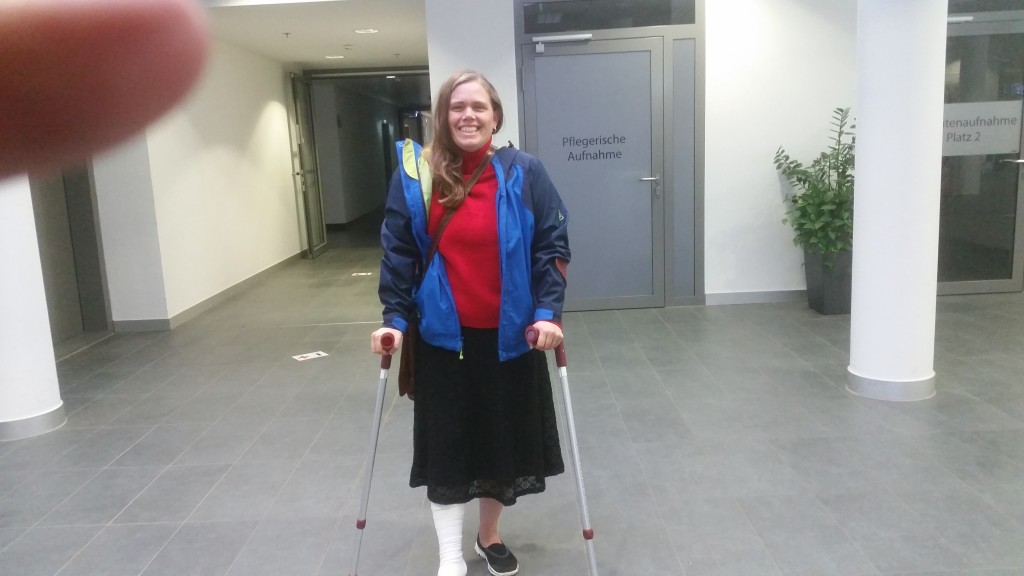
One of the first things I did when the pain was becoming unbearable was call the Advice Nurse. (For Germany: 0800-825-1600) The Advice Nurse is phenomenal, and I’ve been using them for years. My nurse told me right away to head to the hospital. So are you thinking, now what?
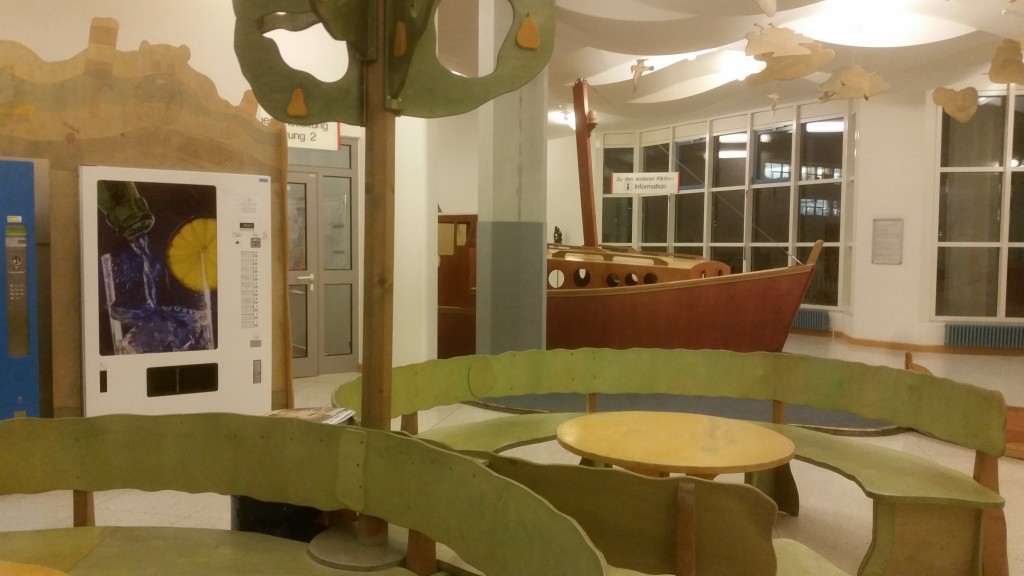
2. All Emergency Rooms Are Not the Same (Stuttgart)
In Germany (Stuttgart in particular) hospitals specialize depending on the injury. So on the advice from another mom, I went to Sindelfingen-Boblingen Klinikum which specializes in orthopedics.
Not sure which hospital does what? No problem! This really helpful document from Kelley Barracks is awesome. Knowing this information ahead of time will save you stress and worry. Don’t want to commit this to memory or didn’t print it out? No worries! The Advice Nurse also has this information available too.
3. So You’ve Got to Stay Overnight
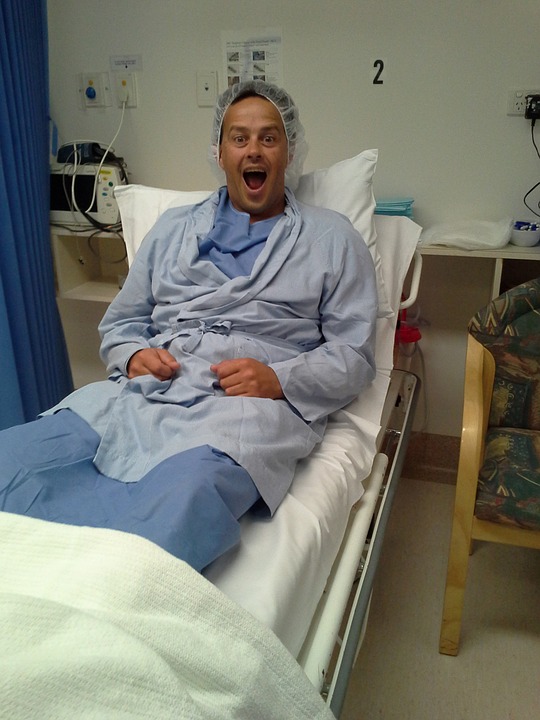
One of the most amazing benefits of living in Germany is its health care. I’ve had one baby and one surgery here, and I both experiences were wonderful. Also a few months ago my friend Katie was visiting from the U.S., and she needed to be seen by a doctor right away. After having a a kidney transplant a few years back, she was having difficulties during her whirlwind European tour.
On the advice of an Urgent Care Doctor she found on Ärtze 42 in Böblingen, Katie checked into the Robert Bosch Hospital near RB Barracks and ended up spending five days there. Although it put a damper on her tour, the hospital still allowed her to come and go during the day. This gave us just enough time to hit the fests!
4. Patient Liaison

While Katie was in the hospital, she was visited by a Stuttgart Patient Liaison from the U.S. military community. Being a retired U.S. soldier visiting from the States, it eased her mind to have someone to speak with in English who then translated in German to the doctors.
If you are not sure what to bring for an overnight stay, the above Patient Liaison link will help you tremendously. For example, you will find out what to pack or not to pack. You may be able to find out ahead of time how long you will generally be staying in the hospital. The liaison can also help you check what services you may require. Some may even be out-of-pocket, so you would not want to be hit with an unforeseen bill a year later. For additional information in the Stuttgart, call the liaison number at +49 (0) 6371 9464 1606.
5. Follow-up

After my visit to the ER, I needed to follow-up with our Primary Doctor at the clinic and also with Tricare. I checked our policy just to make sure that our coverage was up to date regarding the ER visit and to see if I needed further care. Once we receive a statement from the hospital, I always stop by the Tricare office to help with the claims.
Making a follow-up appointment at the local clinic is quite easy now with online appointments. Click on the website and then usually a pop-up appears in which you can book an appointment immediately. Most hospitals will recommend you to do this for complete care and rehabilitation.
Now back to my injury. Luckily, I had no torn ligaments or broken bones. Though it was only a sprained knee, it turned out to be quite painful. Although I am still walking and hiking, I found out it’ll just take time to heal.
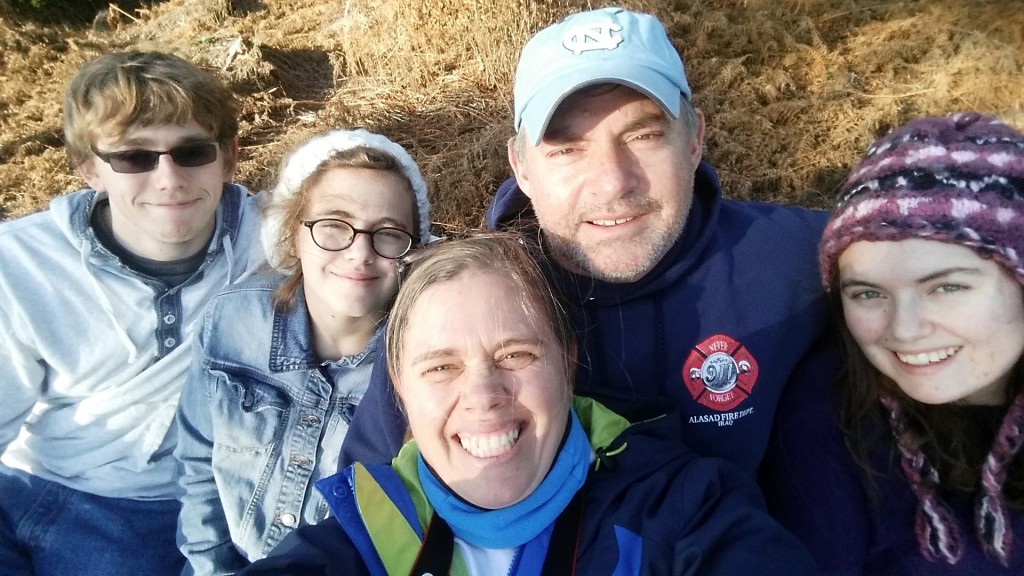
I hope this has helped a little bit. It comes from one military wife chatting with another, a mom-to-mom, a patient-to-patient and a friend-to-friend. Please visit the websites above for up-to-date, current information and visit your local Tricare office or health care provider with further questions and concerns.
Author’s Profile: Wendy Payne is a military spouse and lives with her family in Stuttgart, Germany. She is a freelance writer, blogger and photographer. She also enjoys gardening, hiking, yoga and sharing Europe with people.
Featured Image Photo Credit: © Wendy Payne
